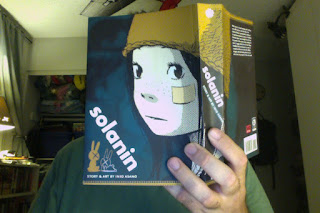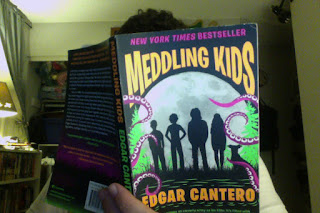Oddaptations - The Count of Monte Cristo → Gankutsuou

One of these covers better communicates the reading or viewing experience to the audience. I'll leave which one up to you. Some people like to complain about the inevitable changes that occur when a story is adapted from one medium to another. But let's be honest, sometimes, the less faithful an adaptation is, the more memorable it is. So, in this series I'll be taking a look at adaptations where creators took one look at the source material and said, "FUCK THAT NOISE!" to see how that turned out. Today's Oddaptation: The Count of Monte Cristo ( Le Comte de Monte-Cristo ) (1844) by Alexandre Dumas (père) into Gankutsuou: The Count of Monte Cristo ( 巌窟王 Gankutsuou ) (October 2004-March 20005) Studio Gonzo, Series Director, Mahiro Maeda Sure, Alfred Bester beat Studio Gonzo to the whole " Count of Monte Cristo in SPAAAAAAACE" thing by several decades, but, he did so in the same medium as the original, buh-ut, according to Wikipedia , Gankuts...






